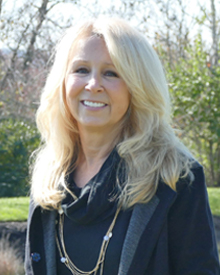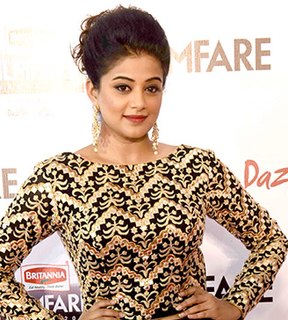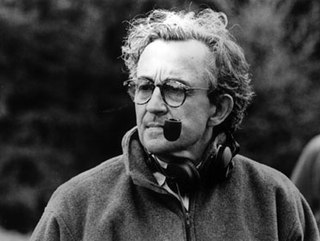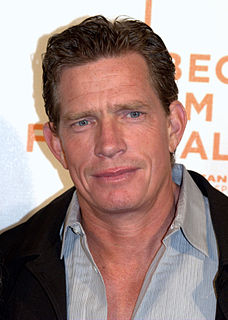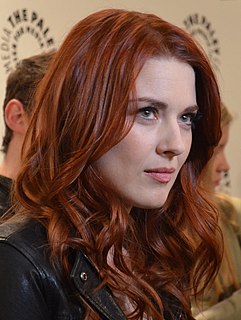A Quote by James Gray
The actor always must be in the scene, not above the scene. To communicate any larger ideas is my problem; it's how the narrative is constructed and directed that hopefully does it.
Related Quotes
I don't think that any scene [in Pineapple Express] is word for word how you'd find it in the script. Some of it was much more loose than others. The last scene with me, Danny [McBride] and James [Franko] in the diner - there was never even a script for that scene. Usually we write something, but for that scene we literally wrote nothing.
Any story has a beginning, middle, and end, of course, but the question is, where do you start it exactly? It's about a guy who is murdered in a fistfight, but how does it evolve and what does it mean? That's what I discovered scene by scene, and this innovation of coming in as a first-person narrator was a complete surprise to me. It just happened.
have a much harder time writing stories than novels. I need the expansiveness of a novel and the propulsive energy it provides. When I think about scene - and when I teach scene writing - I'm thinking about questions. What questions are raised by a scene? What questions are answered? What questions persist from scene to scene to scene?








